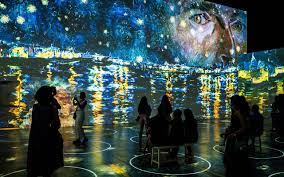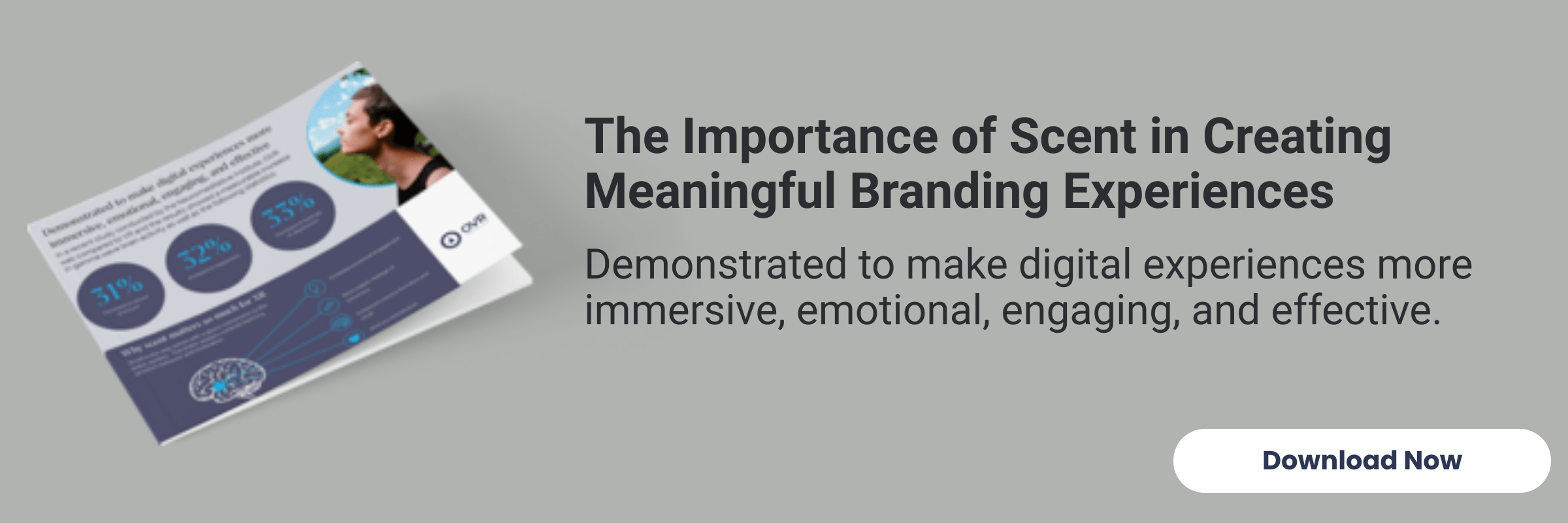 The Experience Economy - Image Courtesy Immersive Van Gogh
The Experience Economy - Image Courtesy Immersive Van Gogh
Hands down and without a doubt—experience drives memories. And great experiences spark happiness, more so than purchasing things. In fact, recent research shows that people are happier when they spend money on experiences compared to things.
Whether businesses aim to sell to consumers or other businesses, the greatest competitive edge is creating engaging experiences. The goal is to create something that resonates with people. This shift is key: people want to create memories instead of just buying goods. In fact, one survey predicted that companies that earn around $1 billion annually, could earn an additional $700 million by investing in customer experience.
This is why the so-called “experience economy” is so valuable. The term was coined by B. Joseph Pine and James H. Gilmore in their book: The Experience Economy, and this notion proposes that experiences are the most valuable commodity businesses can offer their customers. In that same survey mentioned above, experts also found:
- Customers will pay a 13 to 18% premium for luxury and so-called indulgent services.
- 86% of buyers will pay more for a better customer experience.
News of great experiences travels, and Immersive Van Gogh is a prime example. In Paris alone, the art experience garnered over 2 million visitors, and from there, the projections animating Van Gogh’s art grew into sold-out exhibits across 20 U.S. cities.
Selling experiences can be tricky, though, and adding sensory elements, can further enhance the overall experience. An excellent example is the Museum of Future Experience, or MoFE, in Brooklyn—it’s a venue and production studio that combines visual and audio elements for a high-tech, immersive virtual reality experience. Or, there’s Disney, which takes the magical experience a step further by strategically piping certain scents into parts of the park to further engage park-goers and create an immersive experience. The smell of baked goods on Main Street is deliberate, as is the saltwater on the Pirates of the Caribbean ride.
As a result, each guest has an inherently personal connection to Disney—from the different food they eat, to the attractions they visit, to the Mickey Mouse ears they pick out in the gift shop. Because of all the personalized and sensory details found at Disney, no two park-goers can genuinely have the exact same experience.
Like in the example of Disney, customers want to feel deeply engaged and use all of their senses to have a unique-to-them experience. As a result, brands are taking unique routes to appeal to the human senses—for instance, hotel chains like Westin and Hilton are creating branded scents for their lobbies to create a certain “vibe.”
And while, yes, this helps companies generate excitement, and foster loyalty and interest, it also gives people unique experiences that they will enjoy and remember.
With more companies now integrating experiences into their offerings, it’s important to keep top of mind, say experts, that any experiences should first and foremost focus on staging an experience that commands a premium fee.
.png?width=618&height=603&name=ovr_circle_w%20(1).png)




